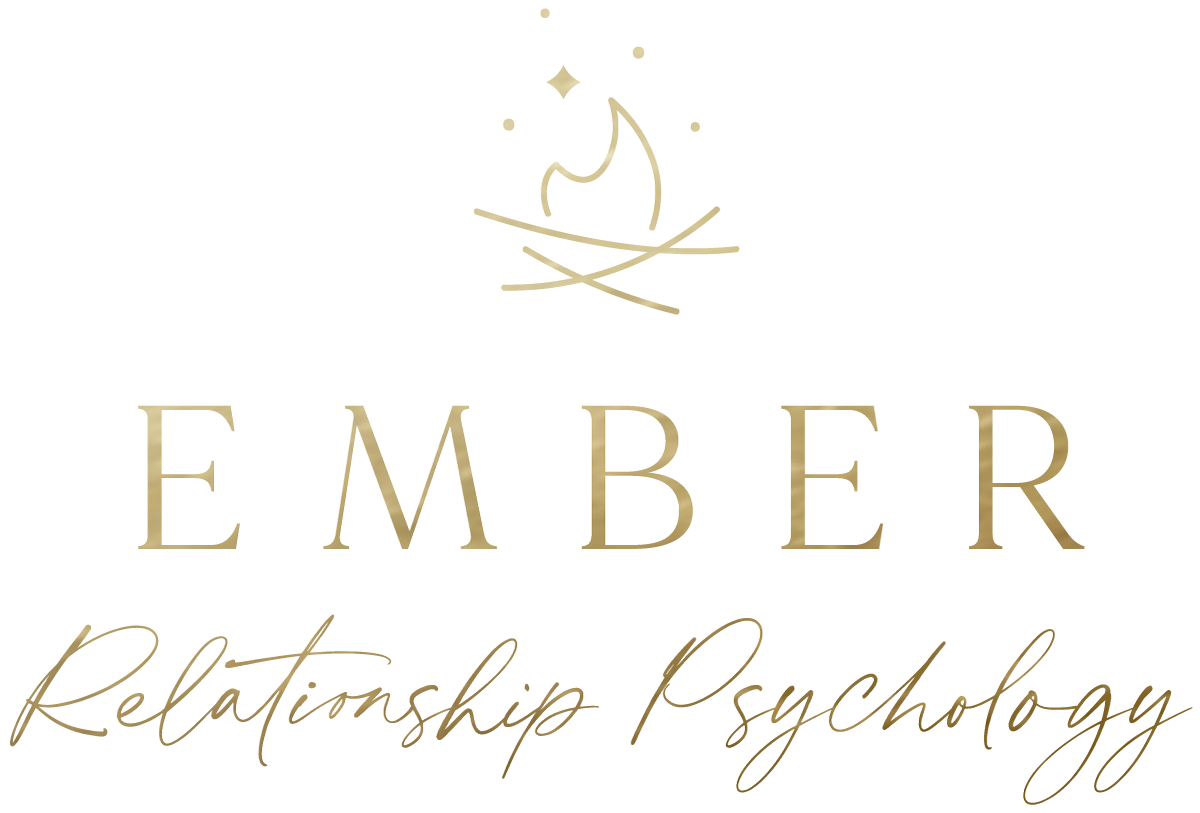3 Ways to Improve Your Communication FAST
by Amber Dalsin, M.Sc., C.Psych.
Here are some tools to stop disconnection and conflict
Most of us want love to be easy. We’ve heard that relationships take work, but we feel like love shouldn’t be so hard. We shouldn’t struggle to connect. Communication that seemed to flow effortlessly at the beginning to the relationship now feels stale, difficult, and at times very hurtful.
Here are 3 ways to improve your communication fast:
1. Time for Friendship
2. Tune in to Their Channel
3. A Commitment to Peace
Time for Friendship
The most overlooked ingredient to a great relationship is friendship.
I have a friend that I am upset with, and because she is my best friend, I am very thoughtfully reviewing the best approach to handle things with her. In our relationship, we look out for each other. I am deeply concerned about not hurting her as I express my pain. When we really like someone, we are more careful to protect them. It’s important to do the same for your partner.
Tune in to Their Channel
A common misstep many couples make is not really listening to what their partner is saying. Instead, they make up their own meaning, judging what they think their partner is saying without truly listening to the words.
I want you to imagine you have walkie talkies and you’re tuning in. When you are close to the channel, sometimes you can hear the message, but it’s crackly and there’s music playing in the background. You likely get the gist of the message, but you also miss something. By properly calibrating the walkie talkie to the right channel, you can hear the other person’s every word, free from odd background squawking.
You need to tune in to your partner’s channel so you can hear them properly. If you are interpreting what they are saying without hearing it from their perspective, you are missing something. Focus on what they are saying, not what you think about what they are saying. And if you want to clarify what they mean, ask before assuming.
A Commitment to Peace
Say what you mean, mean what you say, but don’t be mean
To be clear, this does not mean sweeping everything under the rug, but rather that you do need to pick your battles. Maybe your partner uses the wrong frying pan or leaves little messes around the house, or perhaps is too rigid. If you pick every battle, eventually home will become a place of chaos and war.
If you choose to wave your white flag and ignore some of your differences, your home can become a place of consistency and peace.
If your partner is verbally abusive, acknowledge to yourself, this is not okay and you do not need to be treated this way. Enlist support for yourself and get help for your situation.
Perpetual Problems
Of course, there are things you just can’t ignore. You will have to manage those differences. Not everything can be resolved. These Perpetual problems emerge because only 31% of relationship problems can actually be solved.
Choosing your partner is choosing a set of problems. Some are easy to overlook. Others can make it feel like your chest is caving in―they matter to you deeply. These are perpetual gridlock problems, the ones you’re prone to fight about because of how much it means to you.
That’s where the hard work and commitment to peace come in. To successfully navigate perpetual gridlock problems, you’ll need to talk about the problem rather than battling about it. Tone, delivery, attitude, and your choice of words all matter. Don’t confuse being honest with being mean. You can be honest and kind.
Friends First
The relationship between husband and wife should be one of closest friends.
-B. R. Ambedkar
I listed Friendship first for a good reason. If you are friends, it’s easier to be kind―just a natural part of looking out for each other. It’s easier to tune in, to stay committed to peace and kindness even when you come up against those perpetual problems.
This blog is not meant to be a substitute for couples therapy or relationship counselling. This should not be construed as specific advice. See a relationship therapist in your area to address your specific problems.


